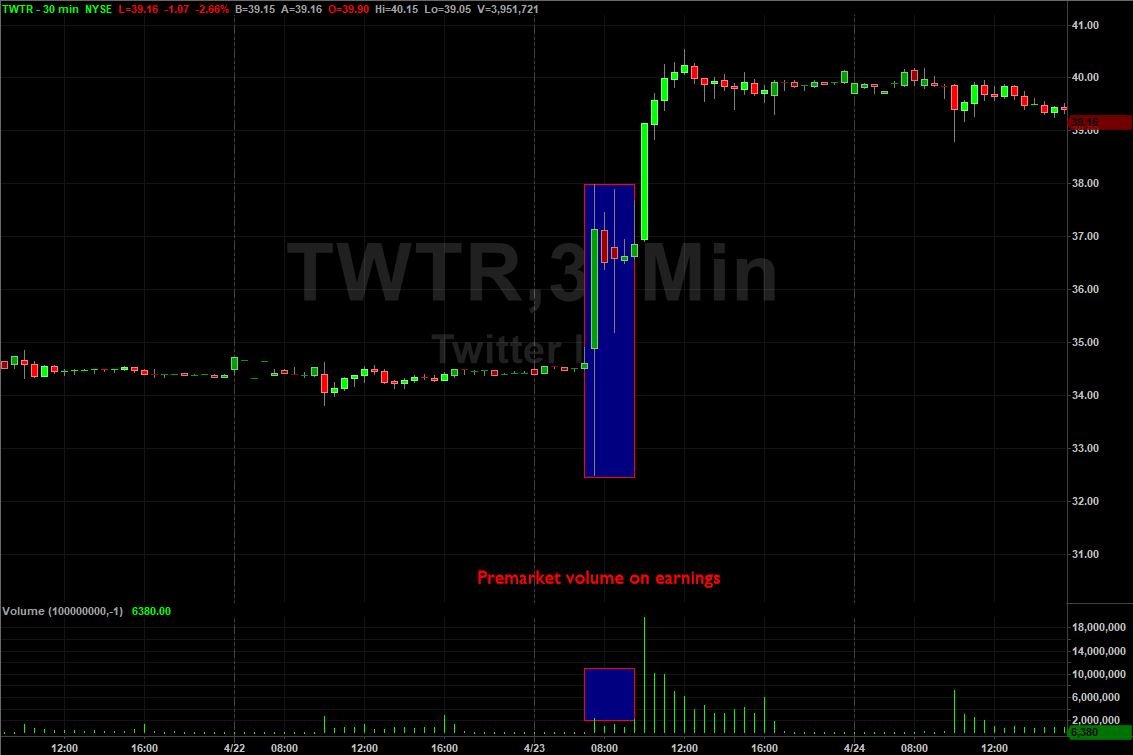“`html
Israel Defense Ministry director-general Eyal Zamir recently spoke at a defense tech summit, outlining a vision of AI warfare that will reshape modern battlefields. He predicts that AI robots in land, air, and sea will be the leading force in the next decade, putting significant emphasis on the importance of rapid adaptation for countries hoping to stay ahead. This is a crucial discussion in the evolving landscape of AI warfare. Zamir emphasized that countries failing to invest in AI technology risk being left behind in this new era of conflict. He painted a picture of the future battlefield, featuring mixed combat units combining human soldiers and unmanned systems, as well as fully autonomous units capable of independent decision-making. This move towards AI warfare is a pivotal moment in military strategy, one that demands careful consideration and rapid adaptation.
Table of Contents
ToggleAI Warfare: A Revolution in Modern Conflict
Zamir’s speech underscores a fundamental shift in military strategy, highlighting the transformative potential of AI and robotics. He stressed that incorporating these technologies is not merely an innovation, but a necessity for enhanced operational efficiency and saving lives in future conflicts. This is especially true as AI warfare continues to develop in a global arena, demanding close examination of new methodologies and technological adaptation. The implications of this for national security are profound, emphasizing the need for proactive measures and strategic investment in this technology.
The Future Battlefield: A Symphony of Human and Machine
Zamir envisions a battlefield where human soldiers and unmanned systems work collaboratively, and autonomous units make critical decisions independently. This vision challenges traditional military structures and necessitates a radical shift in training, tactics, and overall defense strategy. It also emphasizes the importance of collaboration and strategic investments between nation-states, tech companies, and academic institutions.
Israel’s Response to the Changing Landscape
The summit also highlighted the need for Israel to adapt to the challenges of asymmetric warfare. Recent conflicts, including the October 2023 conflict, have revealed vulnerabilities in existing military capabilities, especially regarding drone warfare. Zamir’s remarks emphasize the need for a proactive approach to defense. Experts discussed how armed forces, including the IDF, were not adequately prepared for asymmetric warfare, highlighting the crucial role of integrating new technologies like sensors and drones into military operations. Israel’s experience underscores the need for adapting existing defense strategies and procedures in response to new threats. Israeli military leaders and experts are taking steps to integrate new technologies, and the government is actively seeking advanced startups and technologies. Improved air and missile defense systems are being developed based on lessons from the recent conflict. This highlights a commitment to staying ahead in AI warfare and ensuring national security.
Investment in Innovation: A Key Strategy
The summit revealed significant government investment in innovative defense tech startups. Contracts with startups have surged five-fold in the past year, reaching approximately $168 million. In the 430 days of the ongoing war, startups and medium-sized enterprises connected with the defense establishment have attracted NIS 1 billion ($280 million) in investments. This robust investment underscores the understanding that defense modernization requires innovation and the support of emerging technologies. This investment shows the importance of partnerships between the government and tech sector to overcome contemporary challenges. This is an important element of future national security and strategic positioning in a global environment.
Establishing a New Directorate
Zamir announced the creation of a new directorate within MAFAT, focused on AI and robotic systems for military applications. This reflects a clear commitment to staying at the forefront of defense technology, leveraging Israel’s reputation as a startup nation to address future security needs. This move underscores a forward-thinking approach to defense strategy, prioritizing proactive investment in advanced technologies and fostering partnerships within the industry and with other countries.
The ongoing conflict has underscored the need for continuous adaptation and improvement. Israel is proactively addressing these challenges, investing heavily in new technologies and working with startups to enhance its capabilities. This proactive approach underscores a forward-thinking approach to national defense and the need for innovation in military strategy.
Leave a comment below and share this article with your friends.






